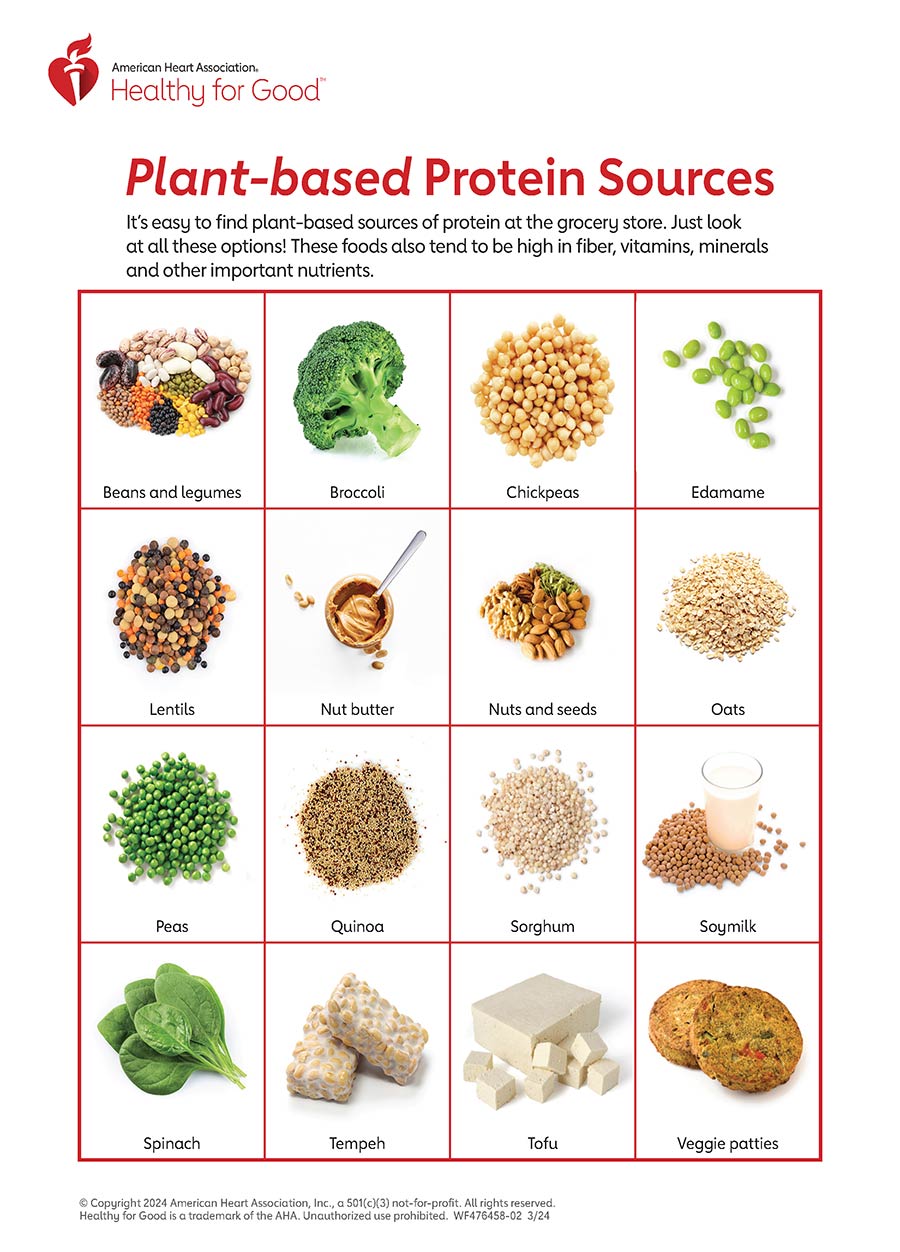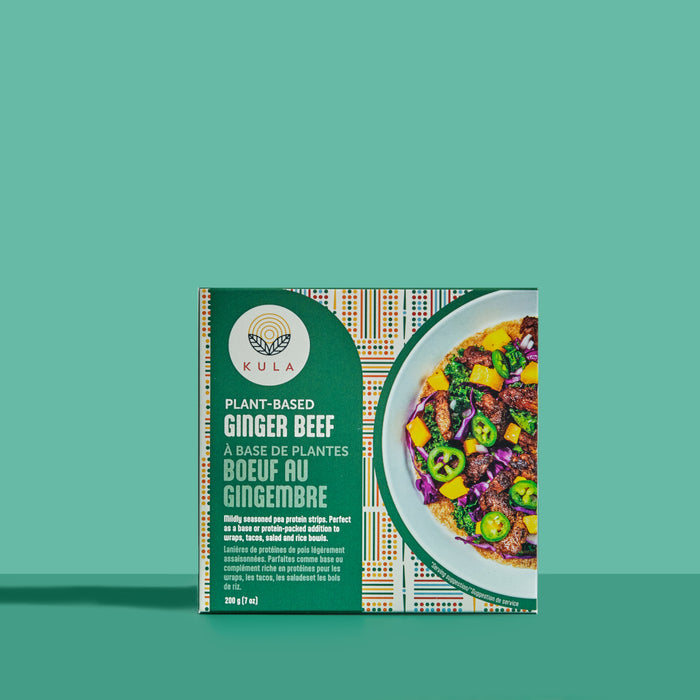Everything About Healthy Food: Benefits of Enjoying Plant Based Alternatives
The discussion bordering plant-based diet regimens has gotten significant attention in current years. Numerous individuals are exploring the prospective wellness advantages, dietary benefits, and ecological influences linked with these dietary options. As individuals become much more aware of their food's influence on well-being and sustainability, concerns occur regarding the practicalities of embracing such a way of life. What certain adjustments can one expect, and how might these selections reshape not just individual health and wellness but additionally the earth's future?
Comprehending Plant-Based Diets
Although several people link plant-based diet regimens mostly with vegetarianism or veganism, these diet plans can include a vast variety of consuming patterns that focus on whole, minimally processed plant foods. Such diet regimens usually include fruits, veggies, entire grains, nuts, vegetables, and seeds, while limiting or eliminating pet items. This versatility enables individuals to tailor their nutritional selections according to dietary demands and personal choices. Some may embrace a mainly plant-based diet regimen while still sometimes consuming meat or milk, often described as a flexitarian technique. The focus continues to be on incorporating more plant foods, which can cause a varied selection of flavors and dishes. Recognizing these different analyses of plant-based eating is crucial for valuing its accessibility and allure in contemporary food culture.
Health Benefits of Plant-Based Foods
The health benefits of plant-based foods are considerable, offering a nutrient thickness benefit that sustains general health. Study indicates that these foods can enhance heart health and wellness and play a crucial role in efficient weight administration. By integrating a lot more plant-based choices, people might boost their nutritional options and promote long-term health and wellness.
Nutrient Thickness Advantage
Nutrient thickness plays a crucial role in the health and wellness advantages of plant-based foods, making them an engaging selection for those seeking a balanced diet. Plant-based foods, such as fruits, vegetables, legumes, nuts, and entire grains, are usually rich in important vitamins, minerals, and antioxidants while being lower in calories. This high nutrient thickness enables individuals to consume less calories while still fulfilling their nutritional requirements. Furthermore, these foods are packed with nutritional fiber, promoting digestive health and assisting in weight administration. By including nutrient-dense plant-based options, consumers can enhance their total wellness, sustain their immune systems, and decrease the threat of persistent illness. Eventually, the nutrient density of plant-based foods emphasizes their value in a health-conscious way of living.
Heart Health And Wellness Improvement

Weight Administration Support
In enhancement to advertising heart health, a plant-based diet regimen can significantly aid in weight administration. This dietary strategy highlights whole foods such as fruits, veggies, legumes, nuts, and entire grains, which are typically reduced in calories and greater in fiber compared to animal-based items. The high fiber content assists enhance satiation, minimizing overall calorie consumption. Plant-based diets are typically rich in necessary nutrients while low in undesirable fats, making it less complicated to preserve a healthy and balanced weight. Research study shows that individuals that embrace a plant-based way of living tend to have lower body mass indexes (BMIs) and experience even more effective fat burning compared to those who take in meat-heavy diet plans. Subsequently, welcoming plant-based options is a calculated selection for reliable weight management
Nutritional Worth of Plant-Based Active Ingredients
Plant-based ingredients are rich in vital nutrients, offering a diverse array of vitamins, minerals, and antioxidants that add to total health. A comparison of healthy protein resources exposes that while pet items are often seen as exceptional, many plant-based options give sufficient protein and other useful compounds. Comprehending the nutritional value of these components can assist individuals make notified dietary choices.
Vital Nutrients in Plants
Nutrient-rich components discovered in plants provide a diverse range of vital nutrients that add considerably to general wellness. These components are rich in vitamins A, C, and K, which support immune feature, vision, and blood clot, specifically. Furthermore, plants offer important minerals such as magnesium, potassium, and calcium, critical for heart wellness, muscle mass function, and bone toughness. The visibility of fiber in plant-based foods help digestion and advertises a healthy gut microbiome. Anti-oxidants, located generously in veggies and fruits, assistance combat oxidative stress and lower inflammation. In addition, lots of plant foods are low in calories yet high in nutrients, making them an excellent selection for those seeking to keep a healthy weight while ensuring ideal nutrient consumption.
Comparing Healthy Protein Resources
Healthy protein sources vary significantly in their nutritional profiles, with plant-based active ingredients supplying distinct benefits. Unlike animal healthy proteins, which commonly consist of saturated fats and cholesterol, plant healthy proteins have a tendency to be reduced in these undesirable parts. Legumes, nuts, seeds, and entire grains are rich in essential amino acids, fiber, vitamins, and minerals. Lentils give high protein content alongside significant iron and folate, while quinoa is a full healthy protein, supplying all 9 important amino acids. Additionally, plant-based healthy proteins are frequently come with by antioxidants and phytochemicals that support total health and wellness. The shift to plant-based healthy protein sources not just improves dietary intake yet also aligns with lasting dietary methods, reducing ecological effect and promoting lasting health advantages.
Ecological Effect of Plant-Based Eating
As understanding of environment change expands, several people are discovering sustainable nutritional selections that can considerably lessen their ecological impact. Plant-based eating has become a considerable factor to reducing greenhouse gas emissions, which are mostly related to livestock manufacturing. The farming of fruits, veggies, legumes, and grains typically needs less sources, such as water and land, contrasted to animal farming. Additionally, plant-based diet regimens can result in reduced logging, as much less land is required for grazing livestock or expanding pet feed. By changing in the direction of plant-based options, consumers can support biodiversity and promote much healthier ecological communities. Overall, embracing plant-based consuming not just advantages individual wellness yet likewise stands for an essential action towards ecological sustainability and conservation efforts.
Overcoming Common Misconceptions
While numerous individuals recognize the advantages of a plant-based diet plan, a number of false impressions often deter them from completely accepting this lifestyle. A typical belief is that plant-based diet regimens lack adequate protein; however, numerous plant resources, such as beans, nuts, and tofu, supply adequate protein. Additionally, some think that this diet regimen is costly, when as a matter of fact, staples like beans, rice, and seasonal vegetables can be fairly budget-friendly. One more mistaken belief is that plant-based eating is overly limiting, whereas it actually supplies a varied range of foods and flavors. Ultimately, lots of fret that read the full info here a plant-based diet might result in deficiencies, yet with appropriate preparation, people can obtain all essential nutrients, including nutrients, while appreciating a large variety of scrumptious meals.
Tips for Transitioning to a Plant-Based Way of life
Making the change to a plant-based way of life can be an improving experience, though it typically requires some advice to navigate the initial modifications. Initially, people are motivated to begin progressively, incorporating more fruits, vegetables, beans, and whole grains into their meals while minimizing meat and milk usage. Dish preparation is essential; preparing an once a week menu can assist reduce the change and avoid last-minute undesirable options. Discovering cooking methods and new recipes can also preserve and improve the experience enjoyment about plant-based consuming. In addition, signing up with support system or areas can offer inspiration and share useful pointers. Staying notified regarding nutrition guarantees well balanced dishes, preventing deficiencies while cultivating a healthy and balanced, enjoyable plant-based way of living.
:max_bytes(150000):strip_icc()/VWF-Plant-Based-Eating-V6-edit1-0a05c9c9c14e489b8e981fbb0221d49e.jpg)
Delicious Plant-Based Dish Ideas
Exploring tasty plant-based dish ideas can influence people to accept an extra nutritious diet plan. One preferred option is a hearty quinoa salad, featuring cherry tomatoes, cucumber, and a vibrant lemon-tahini dressing. Another fave is a full-flavored lentil stew, packed with carrots, celery, and great smelling herbs, ideal for a soothing supper. For breakfast, over night oats made with almond milk, chia seeds, and covered with fresh berries give a nutritious begin to the day. Additionally, a dynamic vegetable stir-fry with tofu and a range of vivid veggies can be a fast yet pleasing meal. Finally, creamy avocado toast on whole-grain bread, sprayed with flavors and seeds, uses a straightforward yet flavorful snack. These dishes showcase the variety and splendor of plant-based consuming.

Regularly Asked Inquiries
Can a Plant-Based Diet Give Sufficient Protein?
The question of whether a plant-based diet regimen can offer adequate protein is usual. Many sources, consisting of vegetables, nuts, seeds, and entire grains, can satisfy protein needs properly, supporting a nutritious and well balanced diet for people.
Are Plant-Based Diet Regimens Appropriate for Kid?
The viability of plant-based diets for kids depends on mindful planning. Ample nutrients should be assured, including minerals, healthy proteins, and vitamins. With appropriate guidance, such diet plans can sustain healthy development and development in youngsters.
Just how Do I Eat Out on a Plant-Based Diet plan?
Eating in restaurants on a plant-based diet entails seeking dining establishments with varied menus, requesting adjustments, and discovering vegan-friendly options. Preparation in advance and communicating dietary choices can enhance the dining experience while keeping nutritional choices.
What Are Common Irritants in Plant-Based Foods?
Usual allergens in plant-based foods include soy, gluten, nuts, and seeds - BBQ Sauces. Individuals adhering to a plant-based diet ought to recognize these irritants and review labels carefully to avoid unfavorable reactions and ensure risk-free consumption
Can Plant-Based Diets Assist With Fat Burning?
Research indicates that adopting a plant-based diet might promote weight loss due to its generally lower calorie thickness and greater fiber web content. This mix can improve satiation, assisting individuals manage their caloric intake effectively. Many individuals link plant-based diet regimens generally with vegetarianism or veganism, these diet regimens can include a large variety of eating patterns that focus on whole, minimally refined plant foods. Nutrient thickness you could look here plays a crucial function in the wellness benefits of plant-based foods, making them an engaging choice for those seeking a well balanced diet. Plant-based diets have been revealed to markedly improve heart health, as they frequently contain aspects that support cardio feature. In enhancement to promoting heart wellness, a plant-based diet plan can substantially aid in weight management. A typical belief is that plant-based official source diet regimens do not have enough healthy protein; nevertheless, various plant sources, such as beans, nuts, and tofu, give ample healthy protein.
Comments on “Plant Based Beef vs. Traditional Meat: Which Is Better for the Environment?”